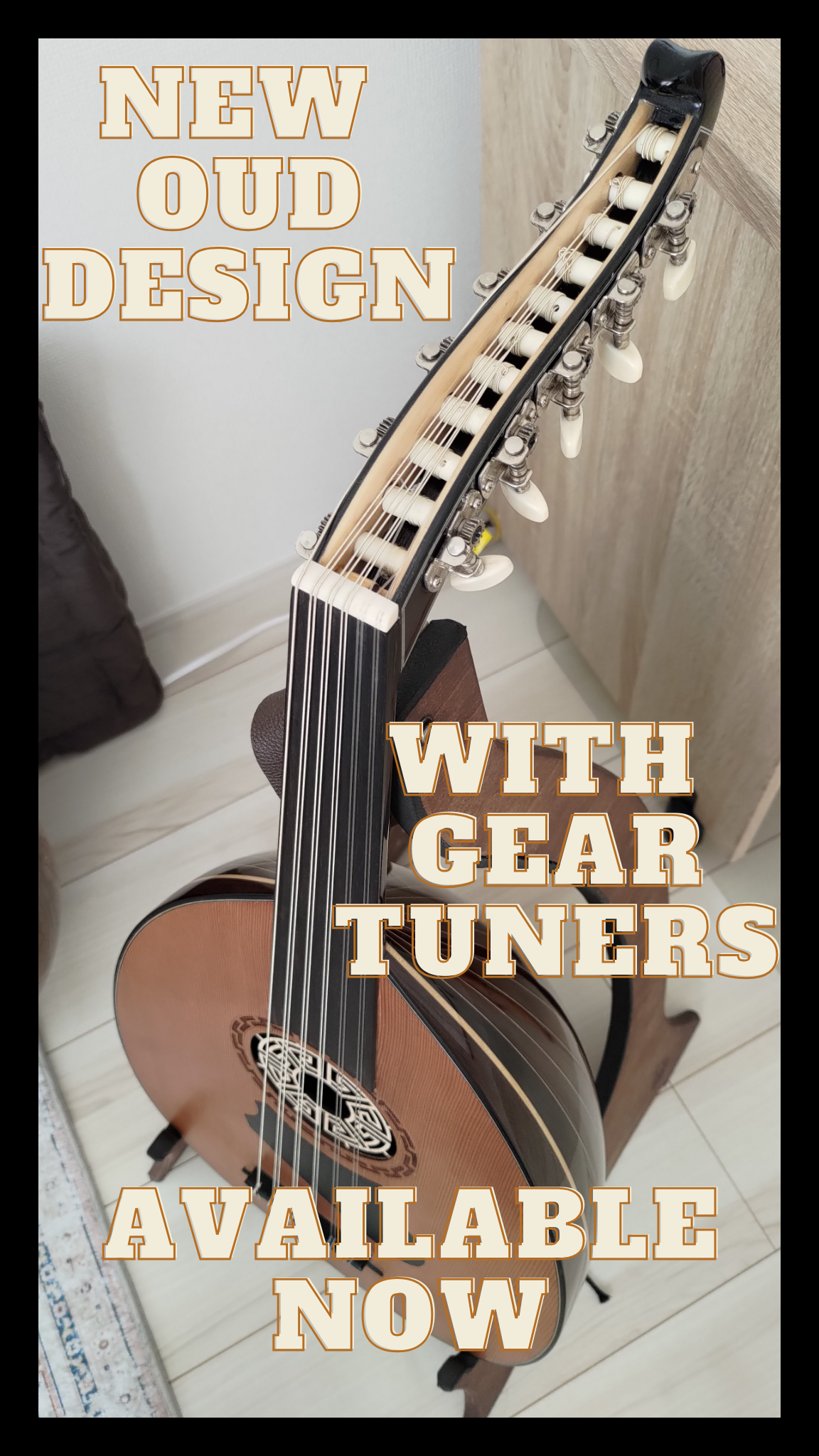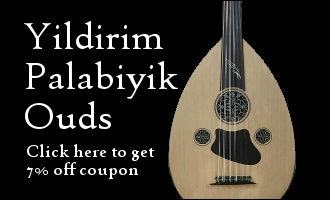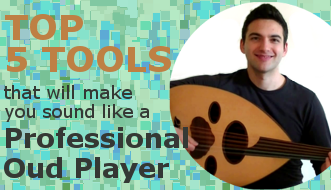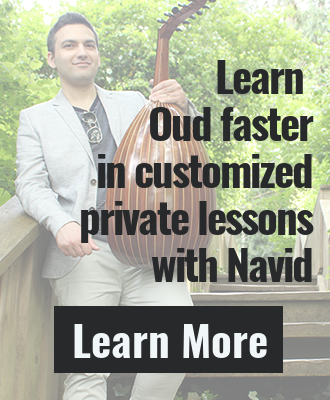What comes to mind when someone says the words, “Egyptian Oud” or Egyptian Music?
Do you think of belly dancers?
Or do you think of the diva Umm Kulthum?
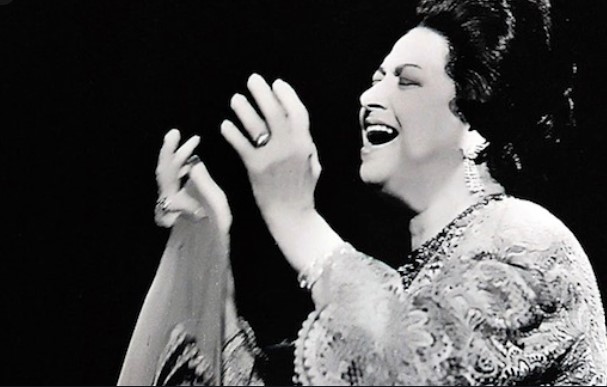
Or do you think of this cool dude Amr Diab?

Maybe all of these come to mind…
But what about Farid Al-Atrash…?
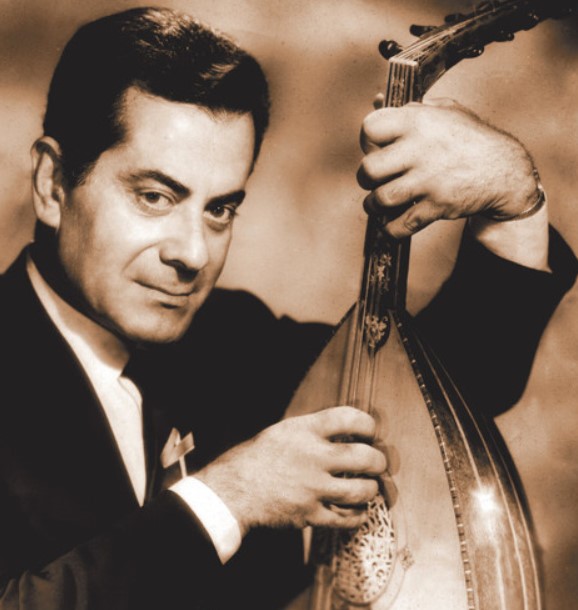
A long time ago someone corrected me when I said that Farid Al-Atrash was Egyptian. He’s associated very much with Egyptian music. But the truth is, he’s not originally from Egypt.
He’s part Lebanese and Syrian… In fact, he’s actually from the Druze people. The Druze are an ethnic-religious minority living in what is now Lebanon, Syria, Israel, Jordan, and Palestine.
Complicated? Yes, it is. You can thank nationalism for that.
Learning Oud during Ottoman times
Imagine at one time in history, all these people were living together under a multi-ethnic Empire. There were no terms like “Turkish Oud” vs “Arabic Oud”, and maybe there wasn’t anything like “Egyptian music” in the way we think of Egyptian music now.
Just using the term “Egyptian music” to refer to Umm Kulthum’s music kind of bothers me because there’s someone in Dubai or in Iran who appreciates and associates closely with Umm Kulthum’s music. It makes life so much easier to cut up everything and label it Egyptian or Iranian, doesn’t it? It’s difficult not to do.
It’s probably better to just call it Arabic music.
I’ve experienced this my whole life… In some ways, I’m very Canadian. But I don’t listen to Canadian music… From my perspective, there’s nothing much about me that is really Canadian… maybe it’s my non-Canadian-ness that makes me so Canadian…
Enough about that. My point is…
At some point when Art reaches a certain level… it can transcend ethnicity, borders, and all these limitations we futilely impose on it.
So what is Egyptian music or Egyptian Oud anyway…lol?
It’s time to get more specific if we want to learn Egyptian Oud.
Image credit: Photo by Simon Matzinger from Pexels


